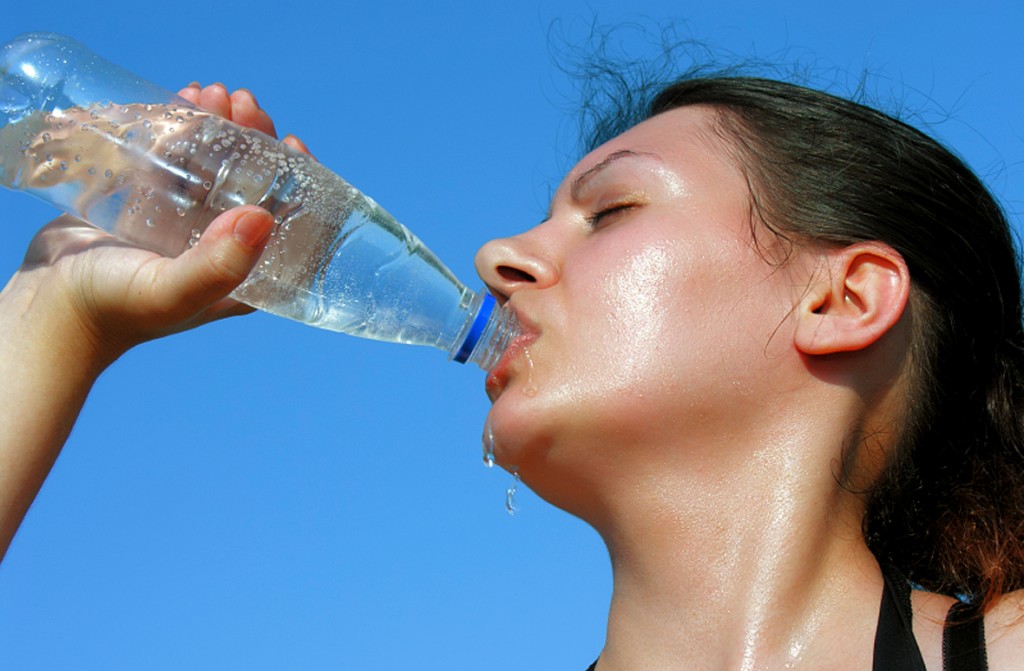
The result of prolonged exposure to high temperatures – usually in combination with dehydration, heat stroke can kill or cause damage to the brain and other internal organs.
It usually occurs as a result of milder heat related illnesses such as heat cramps, heat syncope (fainting) and heat exhaustion but can occur with no previous signs of heat injury.
The condition is most prevalent in the elderly, young children and babies, athletes and those who overexert themselves in the heat, like labourers.
Symptoms of heat stroke can vary in severity but include:
• Throbbing headache
• Dizziness and light-headedness
• Lack of sweating despite the heat
• Red, hot, and dry skin
• Muscle weakness or cramps
• Nausea and vomiting
• Rapid heartbeat, which may be either strong or weak
• Rapid, shallow breathing
• Behavioural changes such as confusion, disorientation, or staggering
• Seizures
• Unconsciousness.
If you suspect that you or someone else has heat stroke, call 000 immediately as any delay in treatment can cause further damage and even be fatal.
While waiting for paramedics, first aid treatment should be started. Move the person to a cool place whether it be inside or in the shade.
Remove any unnecessary clothing and fan them or wet their skin with water. Apply icepacks to the armpits, groin, back and neck, as these areas harbour many blood vessels close to the skin and cooling them may reduce body temperature.
If possible, carefully immerse the affected person in a shower or tub of cold water and if emergency services are delayed call a hospital for further instructions.
As always, prevention is better than a cure. To prevent heat stroke there are many things you can do all with the ultimate goal of keeping cool.
When it’s hot, stay inside in an air-conditioned environment but if you must go outside wear light coloured, loose, lightweight clothing with a wide-brimmed hat, a healthy layer of sunscreen and be sure to drink plenty of fluids.
If you’re in exerting work, exercise or sport, monitor how you feel and if you think you’re starting to overheat then take a break in the shade or reschedule for a cooler day. Tell your boss or teammates and they’ll understand.
Avoid fluids containing caffeine or alcohol because both of these are a diuretic – meaning that they promote the production of urine, consequently lessening hydration levels.
Monitor the colour of your urine. Dark urine indicates dehydration, so you should drink enough water or sport drinks to maintain light coloured urine.
Summer is a time of being outside but be careful and do what is necessary to stay cool in our summer sun.
Comments are closed.